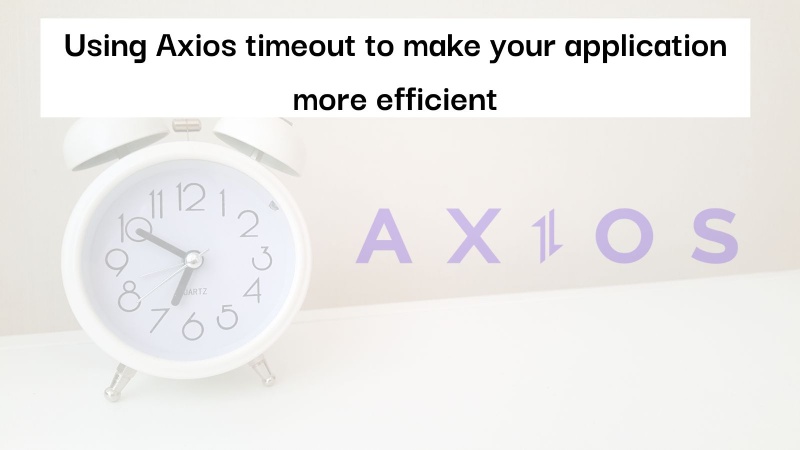The hottest try to produce the to start with wide national details privateness regulation in the United States is producing the normal nonsense in Washington. But from the mess in Congress and in other places in the U.S., we’re at last looking at progress in defending Us residents from the unrestrained facts-harvesting financial state.
What’s rising is a increasing consensus and a system of (imperfect) legal guidelines that give people real handle and organizations much more duty to tame the almost limitless harvesting of our info. Given all the bickering, tacky lobbying techniques and gridlock, it could possibly not glimpse like successful from up near. But it is.
Allow me zoom out to the large photograph in the U.S. Tech organizations like Facebook and Google, generally unidentified details middlemen and even the nearby supermarket harvest any morsel of facts on us that may possibly assist their firms.
We reward from this system in some methods, including when companies obtain buyers more effectively through focused adverts. But the existence of so a lot details on just about absolutely everyone, with handful of limits on its use, makes situations for abuse. It also contributes to general public distrust of technological innovation and tech businesses. Even some companies that have benefited from unrestricted information collection now say the procedure needs reform.
Smarter policy and enforcement are element of the response, but there are no speedy fixes — and there will be downsides. Some shopper privateness advocates have mentioned for years that People require a federal knowledge privateness legislation that protects them no make any difference where by they dwell. Users of Congress have discussed, but failed to move, these a regulation over the previous couple a long time.
The weird detail now is that big providers, policymakers in equally parties and privacy die-hards look to concur that a nationwide privacy regulation is welcome. Their motivations and visions for these a law, though, are distinct. This is where by it gets frustrating.
A consortium that contains company and technological know-how trade groups kicked off a advertising and marketing campaign just lately that calls for a federal privateness legislation — but only below pretty precise conditions, to decrease the disruption to their corporations.
They want to make certain that any federal legislation would overrule much better point out privacy legal guidelines, so firms can adhere to 1 guideline alternatively than dozens of most likely conflicting kinds. Firms may also hope that a regulation handed by Congress is significantly less disruptive to them than nearly anything the Federal Trade Commission, which now has a Democratic majority, implements.
This is a single of people legislative tugs of war that is unseemly to watch from the outside and enraging to longtime buyer privateness advocates. Evan Greer, director of the electronic rights team Fight for the Future, advised me she sees what corporate lobbyists are supporting as “watered down, marketplace-friendly laws that offer privacy in name only.”
Driving the muck, even though, there is rising arrangement on many necessary things of a federal privacy legislation. Even the biggest sticking points — whether a federal regulation should override much better point out legal guidelines, and no matter whether folks can sue over privateness violations — now seem to have workable middle grounds. 1 risk is that the federal legislation would overrule any long run point out legal guidelines but not current types. And individuals could be offered the correct to sue for privacy breaches below minimal conditions, such as for repeat violations.
Legislation are not a treatment-all for our electronic privateness mess. Even sensible public procedures generate unwanted trade-offs, and sometimes improperly created or inadequately enforced legislation make things worse. Sometimes new legislation can experience pointless.
Most people’s practical experience with Europe’s sweeping 2018 electronic privacy regulation, the Basic Facts Defense Regulation or G.D.P.R., is aggravating pop-up notices about details monitoring cookies. The 1st of two of California’s electronic privacy provisions in principle gives people command around how their knowledge is employed, but in practice usually includes filling out onerous types. And recent information privateness rules in Virginia and Utah mainly gave field groups what they desired.
Is any of that progress on safeguarding our data? Kinda, indeed!
Some privacy advocates may possibly disagree with this, but even imperfect legal guidelines and a shifting mind-established amongst the general public and policymakers are profound variations. They display that the defaults of America’s data-harvesting method are unraveling and more accountability is shifting to facts-gathering firms, not persons, to preserve our legal rights.
“Progress looks like not completely perfect laws there is no these types of factor. It seems like suits and begins,” Gennie Gebhart, the activism director for the Digital Frontier Foundation, a privateness advocacy team, informed me.
I really don’t know if there will at any time be a federal privateness regulation. Gridlock guidelines, and these regulation is tricky. But behind the lobbying and the indecision, the terms of the debate around knowledge privacy have changed.
Before we go …
-
Yikes in cryptocurrencies: The charges of Bitcoin and other cryptocurrencies have been slipping steadily, which my colleague David Yaffe-Bellany claimed demonstrates that cryptocurrencies are increasingly resembling risky tech stocks.
Also, the virtual forex TerraUSD is meant to be well worth $1 each individual, and it has collapsed much below that stage. Here’s why which is a massive deal, from my colleagues at DealBook.
-
The community florist now delivers for Amazon: To velocity up deliveries in rural components of the U.S., Amazon has been experimenting with shelling out little corporations a number of bucks for every bundle to deliver orders to nearby residences, Recode described.
-
Instagram believed that a new dad was fascinated in “disability” and “fear.” A Washington Post columnist explores why disturbing photographs interrupted his newborn’s Instagram feed and advocates for a way to reset social media algorithms when they really do not get the job done for us. (A subscription may well be expected.)
Hugs to this
Puppppppy coming straight for your face!
We want to hear from you. Explain to us what you feel of this publication and what else you’d like us to examine. You can arrive at us at [email protected].
If you do not already get this newsletter in your inbox, remember to indicator up below. You can also browse earlier On Tech columns.







